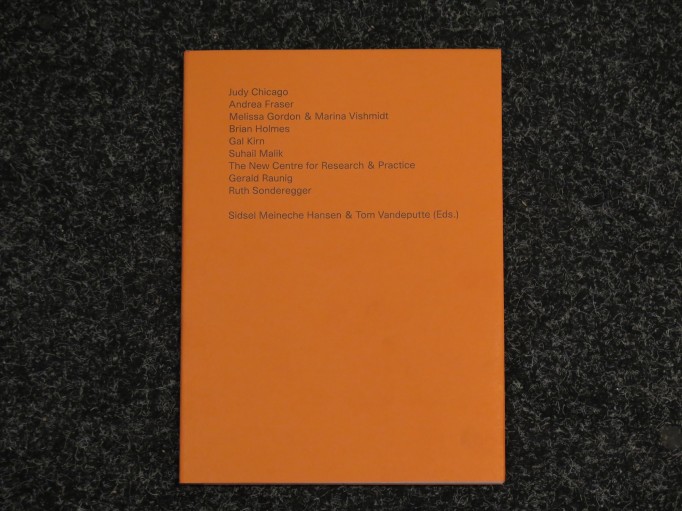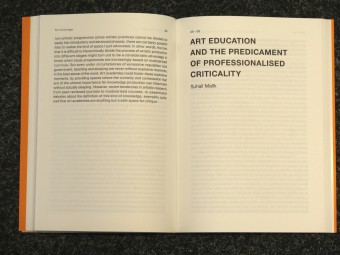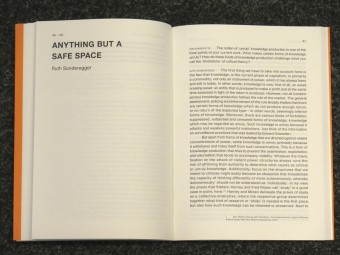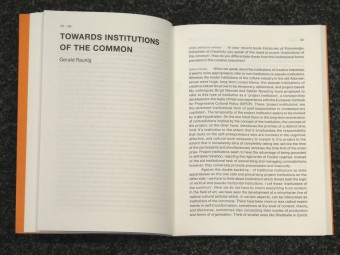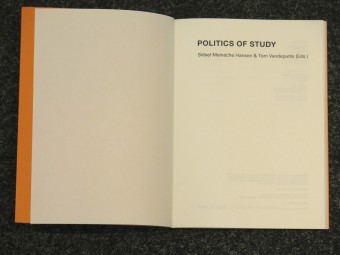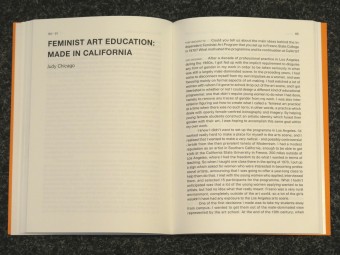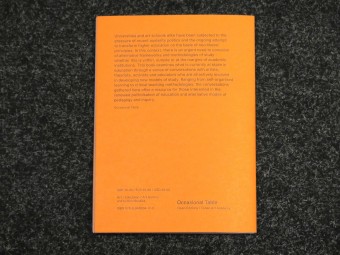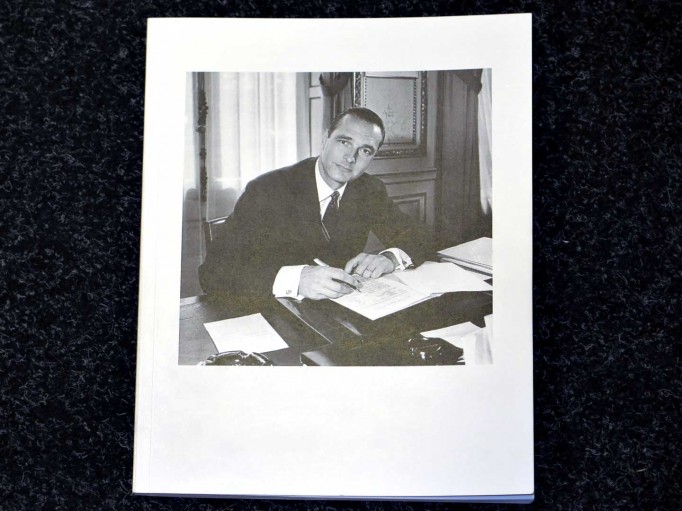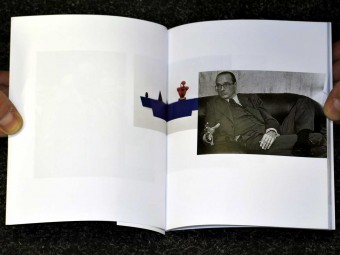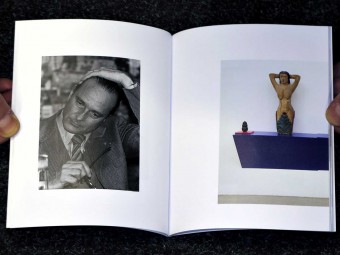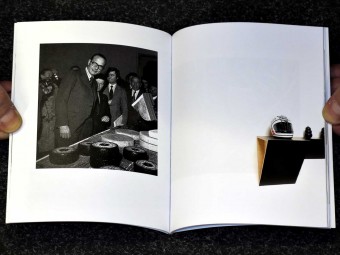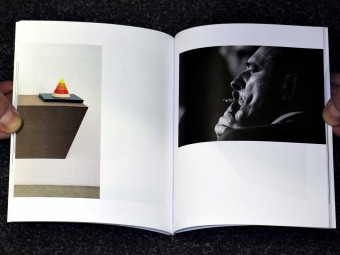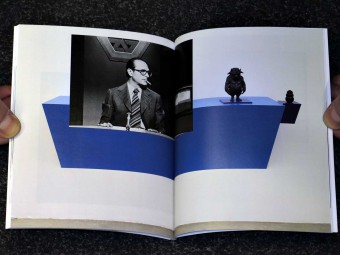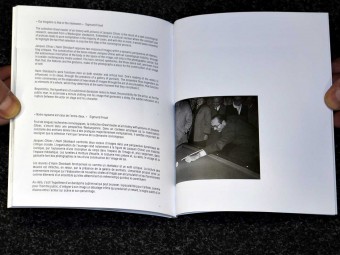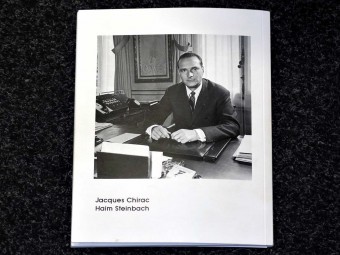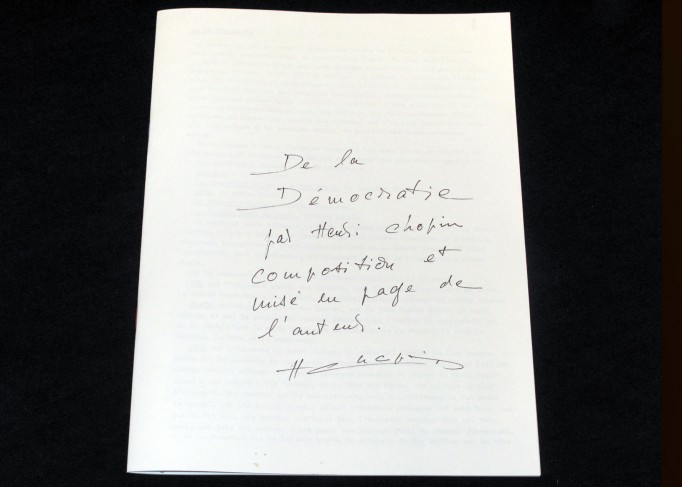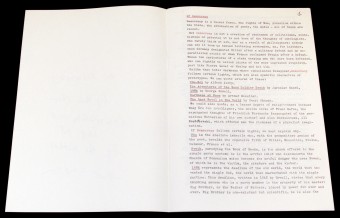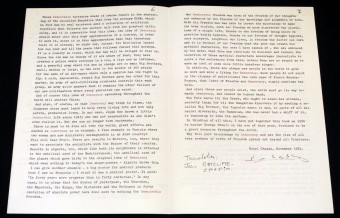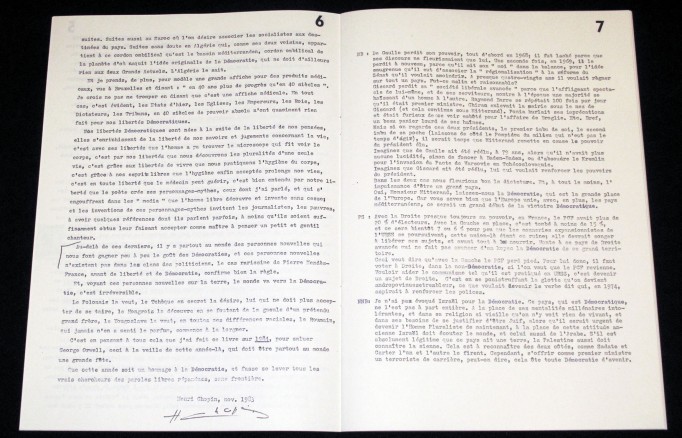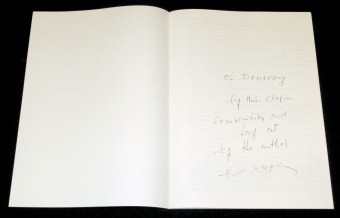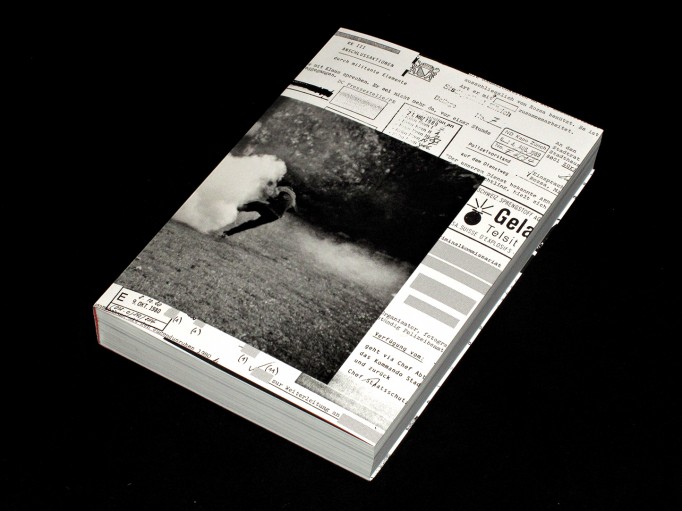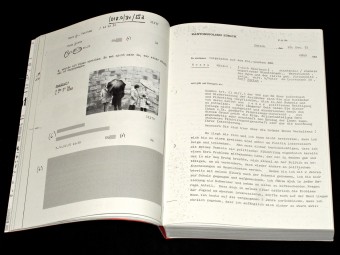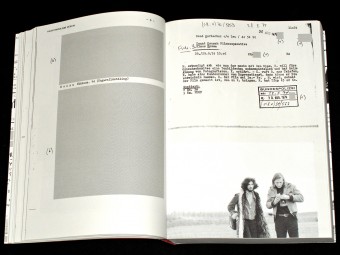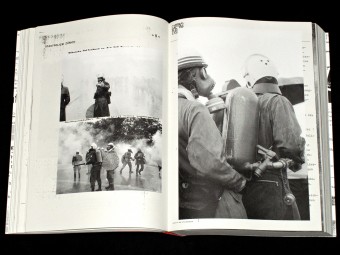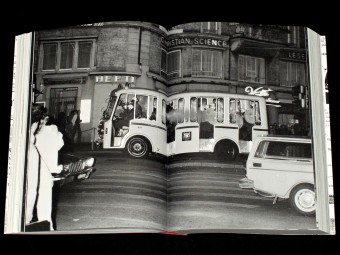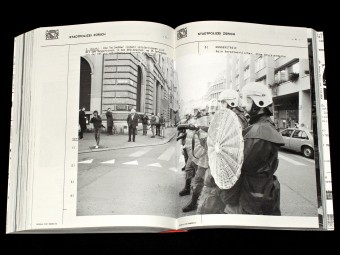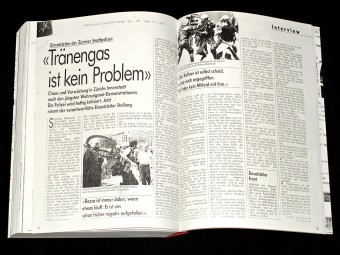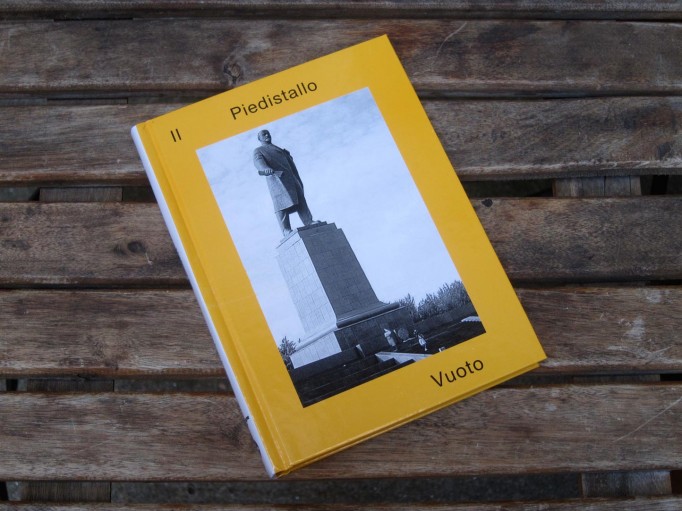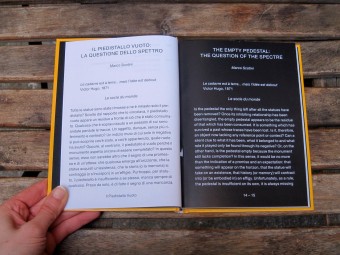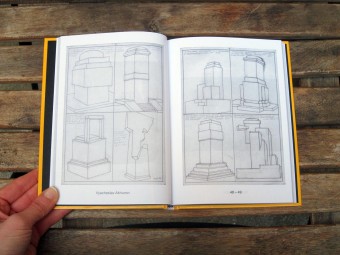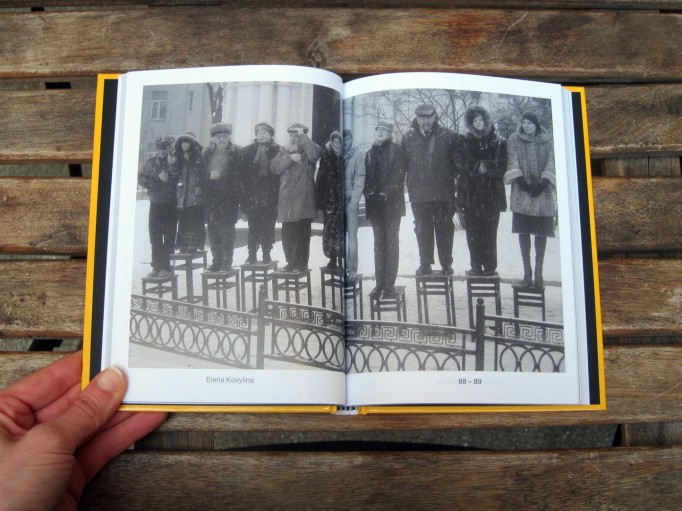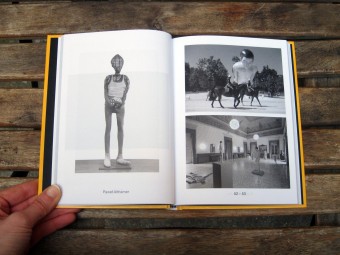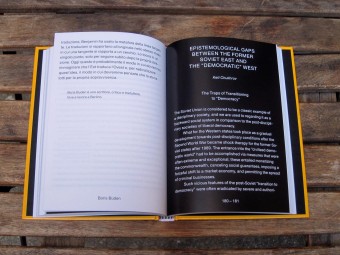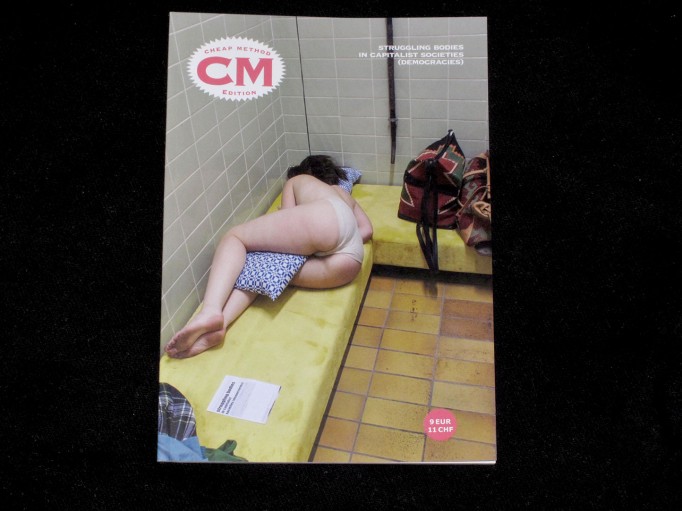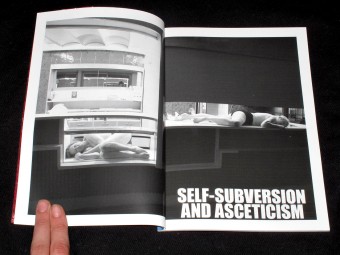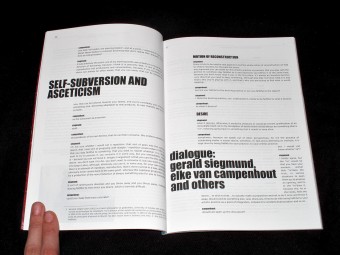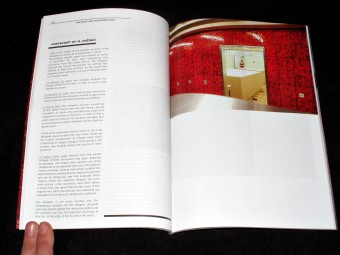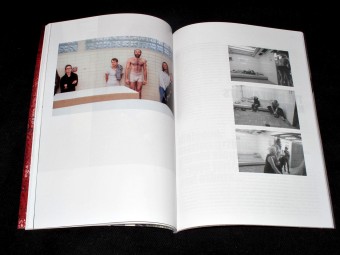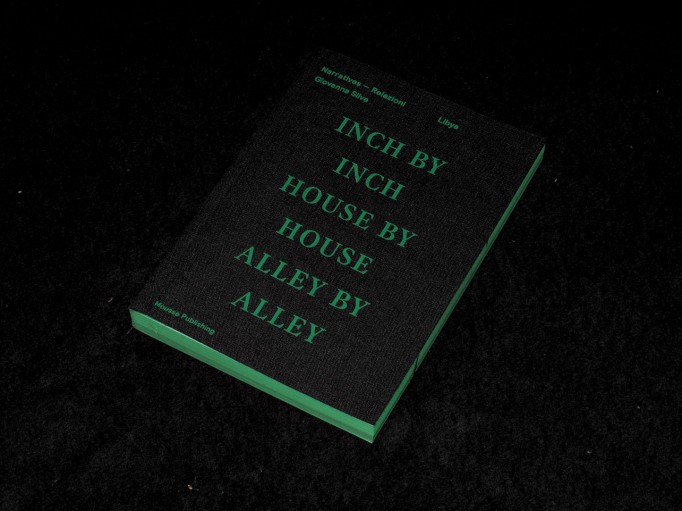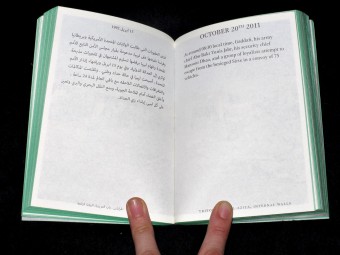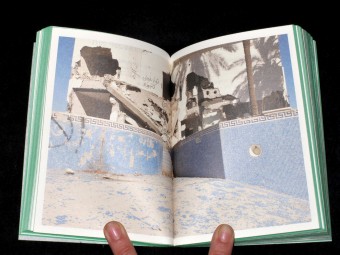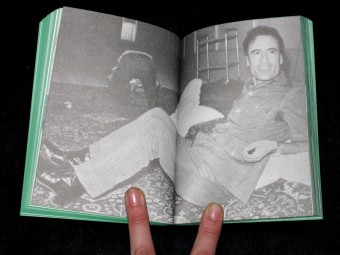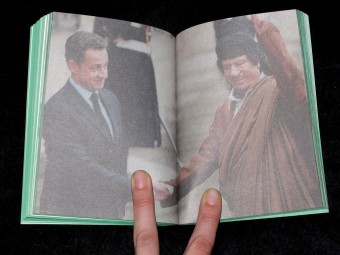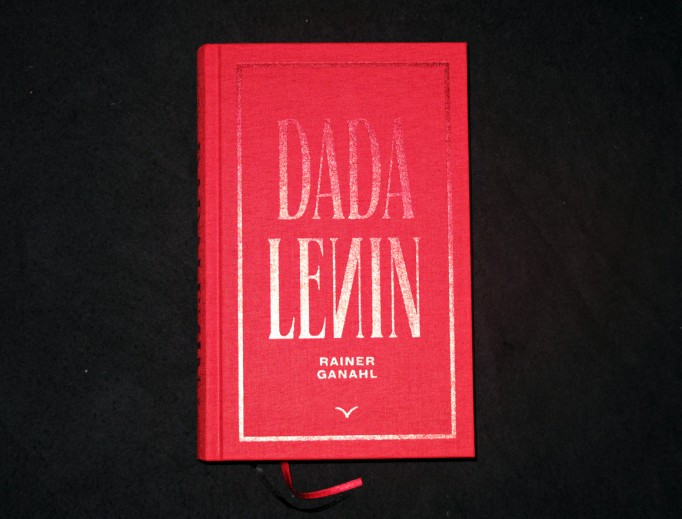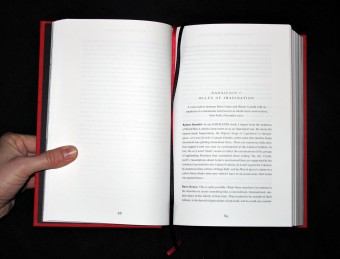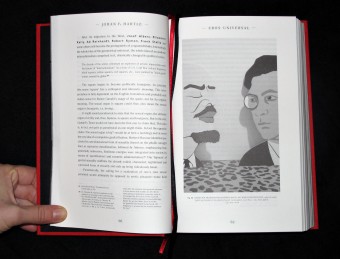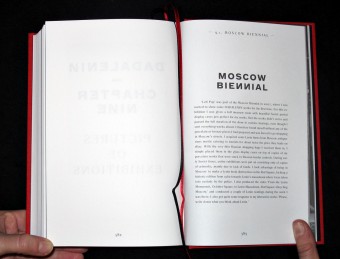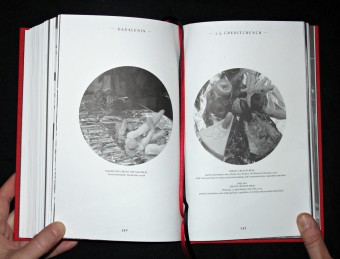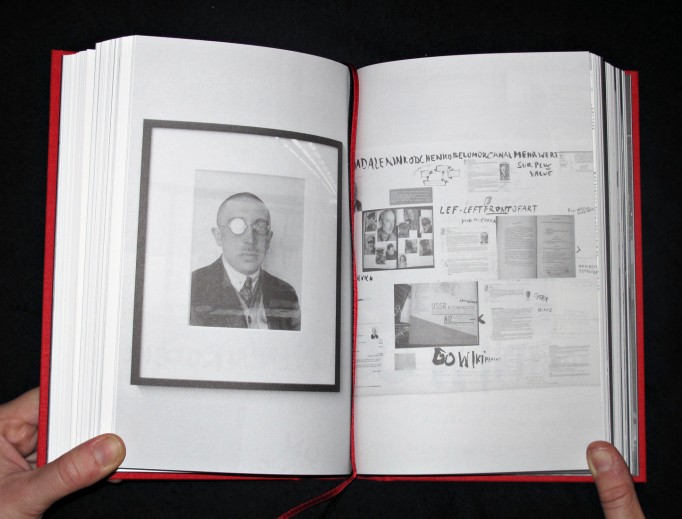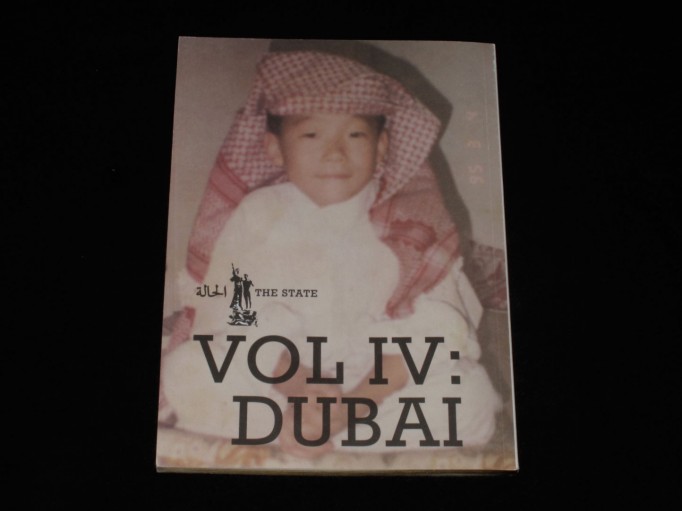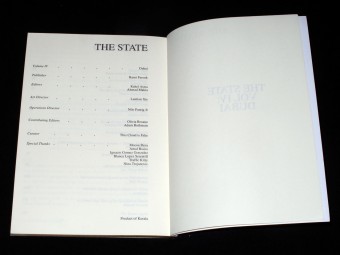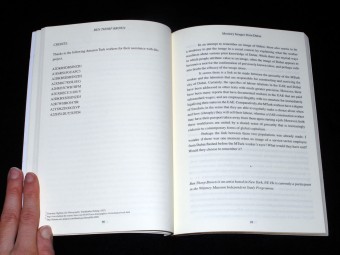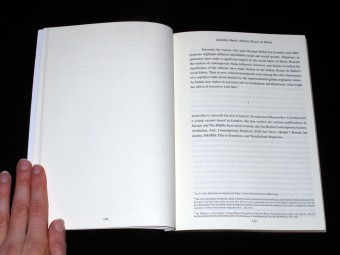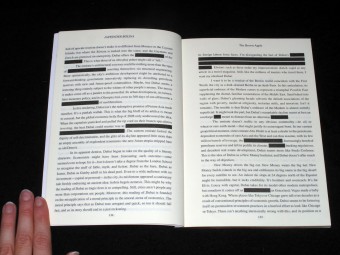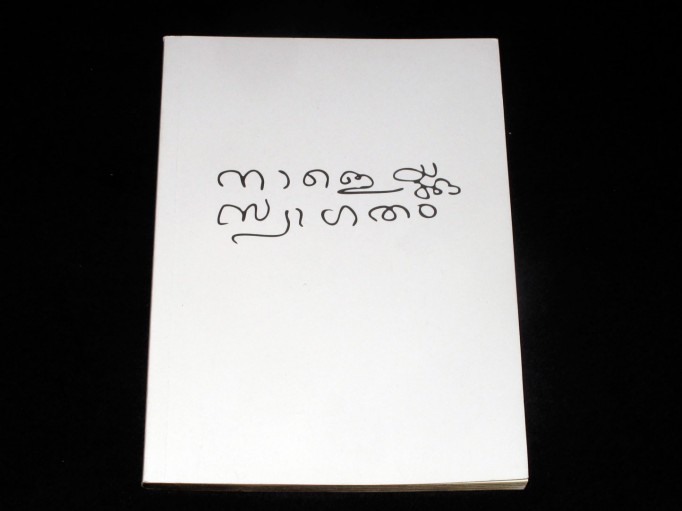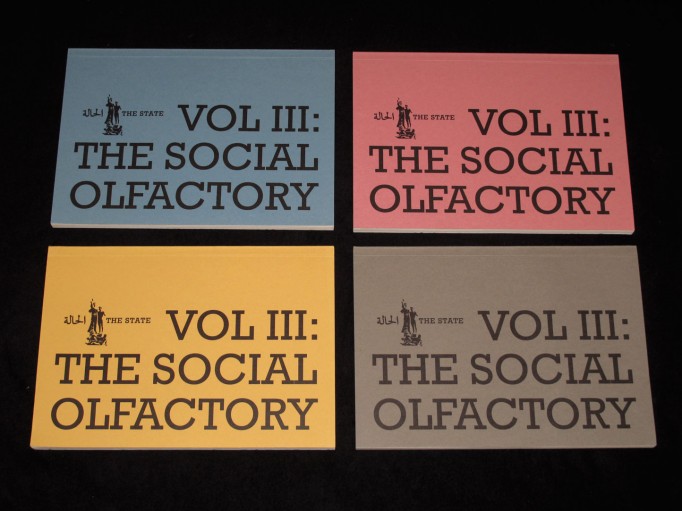
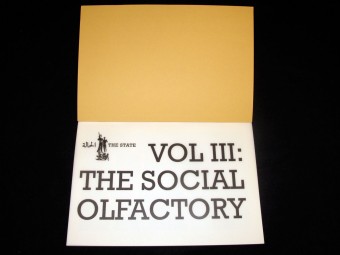
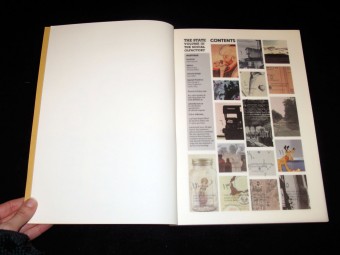
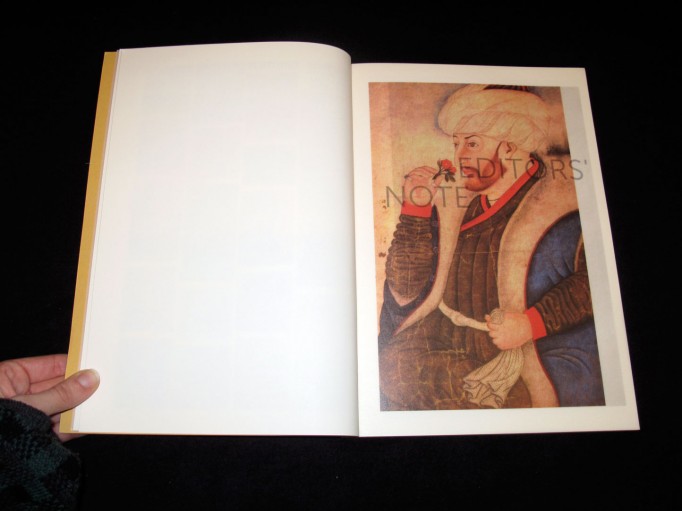
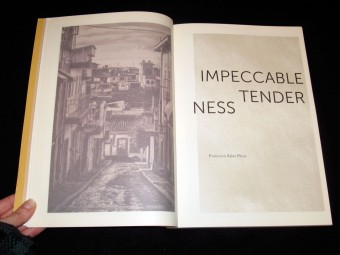
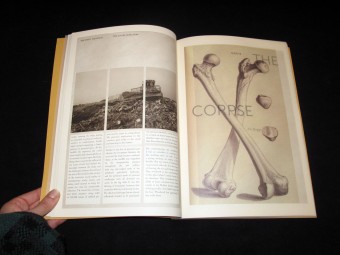
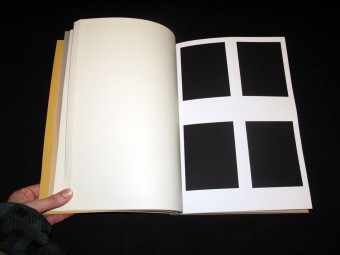
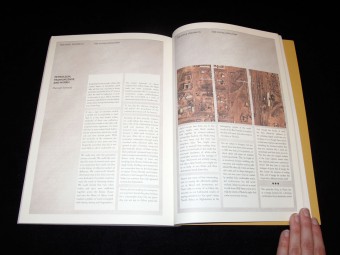
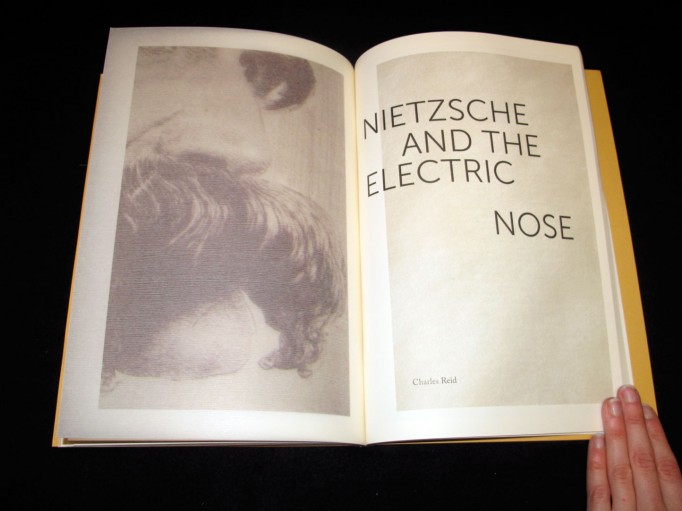
The State Vol III: The Social Olfactory. Rahel Aima, Ahmad Makia (Eds.). The State.
THE STATE is a publishing practice based out of Dubai, U.A.E. It investigates South-South reorientations, alternative futurisms, transgressive cultural criticism, the transition from analogue to digital, and the sensuous architecture of this “printernet.”
FEATURED IN THIS ISSUE:
Khairani Barokka—Can the Subaltern Smell: The Olfactory Other
Transnational olfactory stereotypes in Indonesia, India, South Africa, and the USA
Ali Boggs—The Corpse
A dead girl in Madagascar, an old pastis-soaked Belgian, and the loose skin of overripe peaches
Suzanne Fischer—Smell H-I-S-T-O-R-Y: A Guided Tour of the Smell Exhibition
In the coming age of olfactory archaeology, a speculative tour of the museum of tomorrow
Adam Flynn—Under the Iron Snout: a First Take on Olfactory Imperialism
Drug-sniffing dogs, fermented fish and mosquito repellent in Vietnam, the Stasi’s smell archives, People Sniffing, and strategies to survive smellveillance
Mary-Jo Gillian—Heap
A residency in a rural Irish landfill, the filamentine heat of rotting matter, the intimacy of olfactory community
Pavel Godfrey—Sensation, Memory, and Place in Delray, Detroit
Post-industrial detritus in Little Budapest, a carbonaceous cocktail of respiratory illnesses and mnemocide, exploding the neoliberal myth of recycling
Barbara Herman—An Ode To Bodies: Peau d’Espagne
The gendering of leather perfumes, and the hidden, abject animal body at its origin
Anne Elizabeth Moore—Fake Snake Oil
Smell, trickery, and xenophobia in Marfa, Texas
Kristine Ong Muslim—The Proustian Phenomenon
A missing dog, the assertive scratchiness of lemongrass, the stench of river water, the frowning fustiness of mothballs
Charles Reid—Nietzsche and the Electric Nose
The laziness of Nature, synaesthesia, and building an electric nose
Erika Renedo Illarregi—Smell Portraits
How might a smell be archived like a polaroid or instagram?
Adam Rothstein—The Olfactographic Capacities of the Human Brain
Smelling the traces of architecture and mapping odourous urban geographies
Francisco Salas Pérez—Impeccable Tenderness
Papayas in Xalapa, the displaced remembrances of diaspora, and escaping the Proustian straitjacket
Manuel Schwab—Petroleum, Frankincense, and Myrrh
A souk in Nyala, Sudan, a lake of petroleum, and the carnivorousness of the development-industrial complex
Mark West—The Smell of OCD
The insidiousness of burning toast, and the creeping doubt of OCD
Language: English
Cover available in one of four colors.
Printed in Dubai.
Price: €22.00
Buy it

